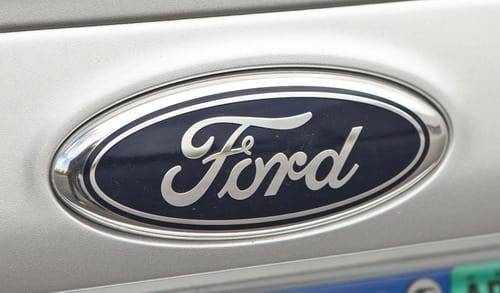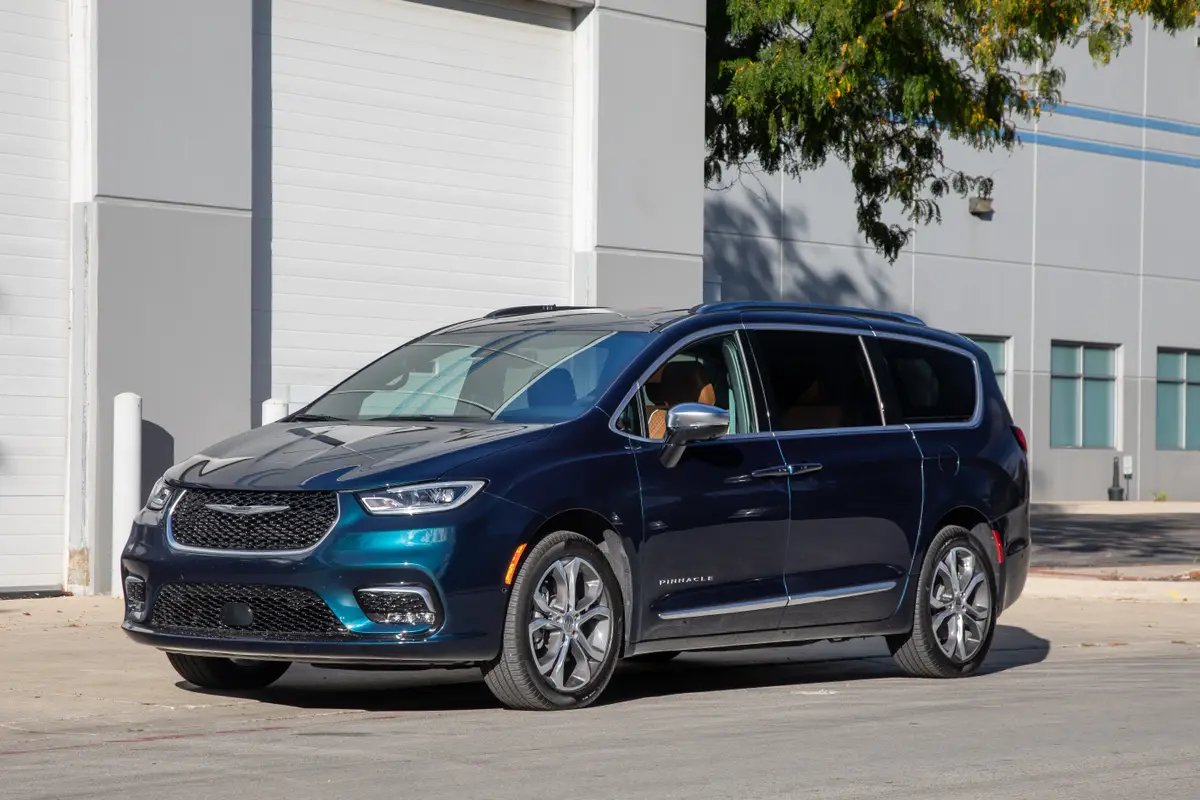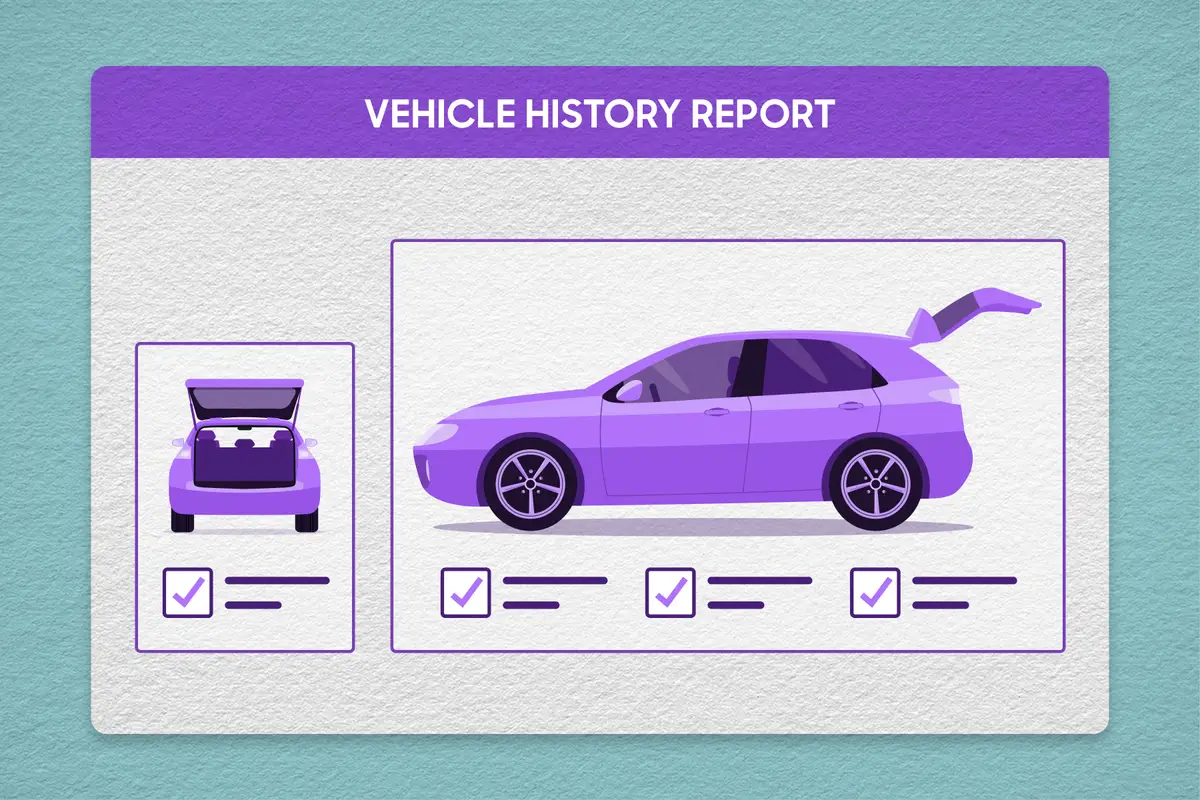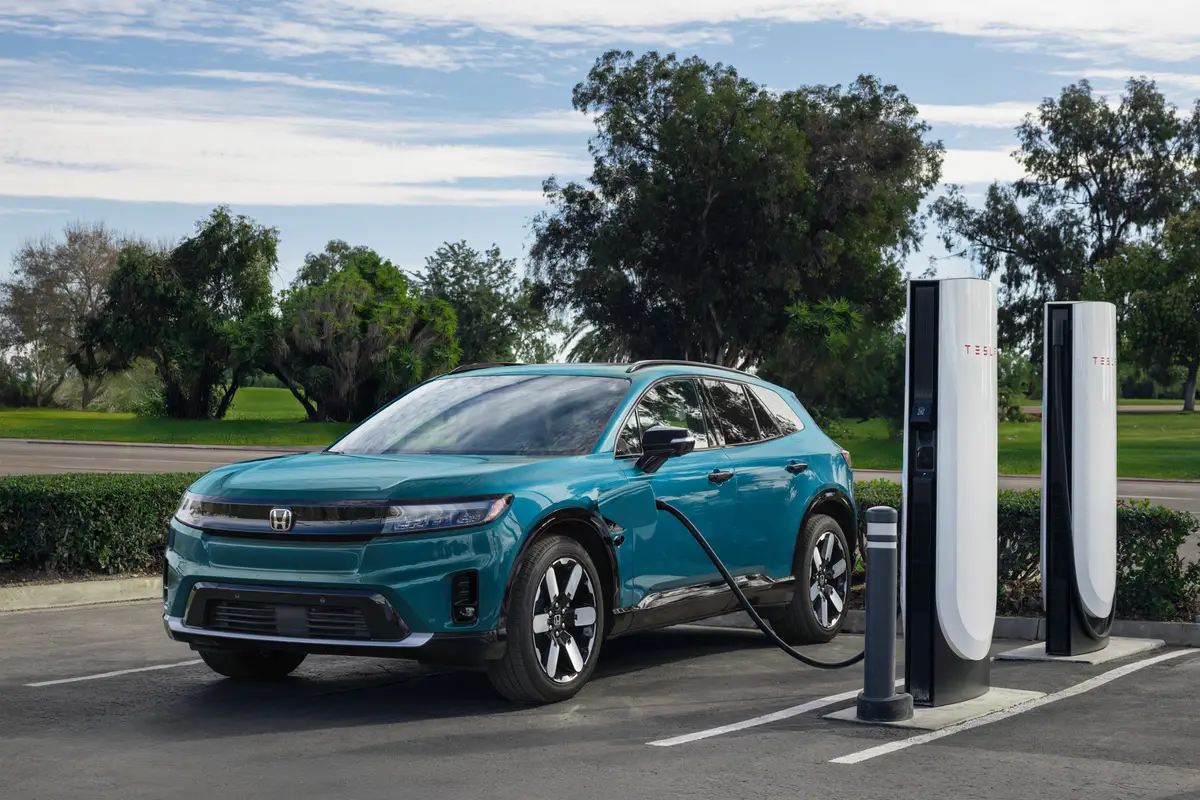Ford Faces Class-Action Lawsuit Over Unintended Acceleration


Consumers in 14 states have filed a class-action lawsuit against Ford over unintended acceleration in cars built between 2002 and 2010. The suit, which was filed in a West Virginia U.S. District Court on March 28, alleges that Ford models built between 2002 and 2010 with electronic throttles can allow unintended acceleration. The vehicles in question, which include nearly three-dozen Ford, Lincoln and Mercury nameplates, lack a brake override system. Ford began installing the system in its U.S. cars in 2010.
Plaintiffs want compensation for lost resale value as well as brake-override retrofits, according to one of several law firms representing the plaintiffs. Ford began installing brake-override systems in certain European vehicles as early as 2005, the suit claimed via the Detroit News.
Unintended acceleration from electronic throttles raises a familiar storyline. From September 2009 through December 2010, Toyota recalled some 12 million cars over unintended acceleration, eventually spending well over $1 billion to settle lawsuits and pay civil fees associated with the recalls. The automaker’s electronic throttles encountered heavy scrutiny, but a government panel later found that driver error, stuck gas pedals and bad floormats were to blame.
Ford wasted little time pointing that out.
The National Highway Traffic Safety Administration’s findings are “far more scientific and trustworthy than work done by personal injury lawyers and their paid experts,” Ford spokeswoman Kristina Adamski told The Detroit Free Press. “In rare situations, vehicle factors, such as floormats or broken mechanical components, can interfere with proper throttle operation, and manufacturers have addressed these rare events in field service actions.”
According to the lawsuit, the affected vehicles include:
- 2005-07 Ford Five Hundred
- 2005-09 Ford Crown Victoria
- 2005-10 Ford Econoline
- 2007-10 Ford Edge
- 2009-10 Ford Escape
- 2005-10 Ford Escape Hybrid
- 2005-10 Ford Expedition
- 2004-10 Ford Explorer
- 2007-10 Ford Explorer Sport Trac
- 2004-10 Ford F-Series
- 2009-10 Ford Flex
- 2008-10 Ford Focus
- 2005-07 Ford Freestyle
- 2006-10 Ford Fusion
- 2005-10 Ford Mustang
- 2008-10 Ford Taurus
- 2008-09 Ford Taurus X
- 2002-05 Ford Thunderbird
- 2010 Ford Transit Connect
- 2003-06 Lincoln LS
- 2006-08 Lincoln Mark LT
- 2009-10 Lincoln MKS
- 2010 Lincoln MKT
- 2007-10 Lincoln MKX
- 2007-10 Lincoln MKZ
- 2005-09 Lincoln Town Car
- 2006 Lincoln Zephyr
- 2002-05 Mercury Cougar
- 2005-09 Mercury Grand Marquis
- 2009-10 Mercury Mariner
- 2005-10 Mercury Mariner Hybrid
- 2006-10 Mercury Milan
- 2005-07 Mercury Montego
- 2004-10 Mercury Mountaineer
- 2008-10 Mercury Sable
Related
Recall Alert: 3,307 Ford and Lincoln Sedans and SUVs
More Recall News
More Automotive News

Former Assistant Managing Editor-News Kelsey Mays likes quality, reliability, safety and practicality. But he also likes a fair price.
Featured stories




